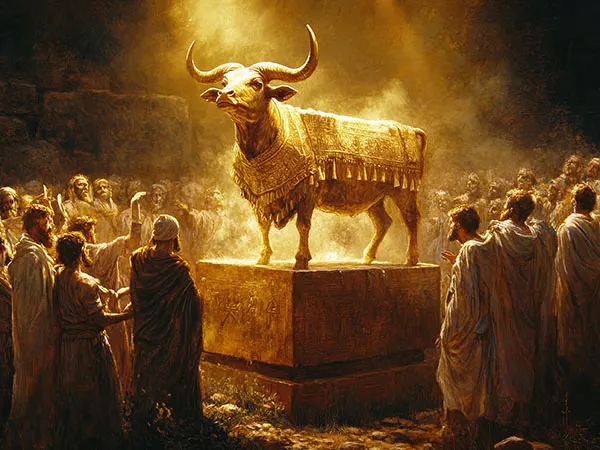Featured
Sermonette
The Will To Change
In a well-known fable, a scorpion convinces a frog to carry him across a pond. When the scorpion stings the frog in the water, bringing about both of their deaths, the scorpion tells the frog that it is his nature to sting. Similarly, we …
Article
Are We Ready for Change?
We have heard a great deal lately about change. Politicians tell the nation that it needs a change of leadership, a change of ideas, and change in outlook. And we do not just need change for the sake of change, but we need "change we can …
CGG Weekly
What Do You Fear? (Part Two)
Theologian Richard Halverson is quoted as saying, "Men who fear God face life fearlessly. Men who do not fear God end up fearing everything." To put it another way, fear can be broken down into two broad categories: the fear of God and …

Today's Verse and Comment
Hebrews 12:14
(14) Pursue peace with all people, and holiness, without which no one will see the Lord:
Holiness starts in one's relationship with the Father and our Lord Jesus Christ. Justification through God's merciful act of grace opens the door of access to Him, as well as the door to the Kingdom of God. Justification is entirely an …
Recent Video
Recent Audio
CGG Weekly
Insinuating the Savior Into Paganism
by David C. GrabbeIn Dr. M. Scott Peck's disturbing book, People of the Lie, he tells the story of Bobby, a young man clearly suffering from depression. Bobby's bleak disposition seemed to stem from the suicide of his older brother, Stuart, some months before. His condition declined noticeably after Christmas—he even went so far as to steal a car and crash it, as he had never driven before. In making small talk with Bobby to get him to open up, Dr. Peck asked him what he had received for Christmas. The distressing response: a gun. While this was bad enough—giving a gun to a depressed adolesc
Read More







